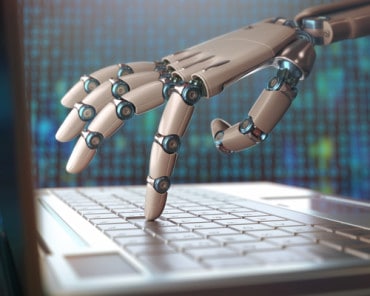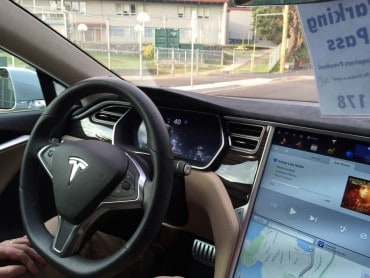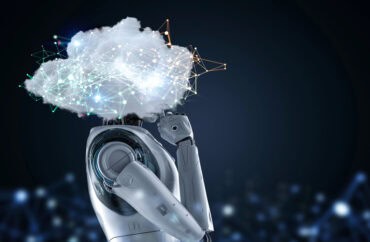
The introduction of AI, like other introduction of other new technology in the past, will likely transform the jobs available to workers and increase the pay for those able to adapt to the new technology.
Workers in skilled professionals may be most at risk of job losses with the coming AI revolution, according to the Organisation for Economic Co-operation and Development (OECD) in its annual employment outlook report.
Occupations in finance, medical and legal activities could be at risk of heavy job losses, as many of the roles currently available could be administered by an artificial intelligence. According to the OECD, this may also lead to reductions in wages for these roles, as AI is brought in as an assistant which is capable of completing most of the tasks.
SEE ALSO: Generative AI In Cloud Operations Could Lead To Cost Overruns
As many of these fields require many years of education to gain employment, it is critical that governments and institutions are on the front-foot with the impact AI will have on these sectors. According to the OECD, occupations at the highest risk represented 27 percent of employment across its 38 member countries, and are some of the highest paying professions.
While it is expected that AI will remove the need for some jobs, it would be a first to see the introduction of a new technology decrease the wages for an entire sector of workers. If anything, the introduction of new technology has transformed the jobs available to workers, and increased the pay for those able to adapt to the new technology.
“While firms’ adoption of AI is still relatively low, rapid progress including with generative AI, falling costs and the increasing availability of workers with AI skills suggest that OECD countries may be on the brink of an AI revolution,” said the OECD in its report. “It is vital to gather new and better data on AI uptake and use in the workplace, including which jobs will change, be created or disappear, and how skills needs are shifting. When considering all automation technologies including AI, 27% of jobs are in occupations at high-risk of automation.”
It is not just the OECD warning that AI will remove the need for certain job roles. Sam Altman, the CEO of OpenAI which created ChatGPT, said some jobs “will definitely go away” and that AI advocates are kidding themselves if they believe there will not be job losses.
In general, a lot of AI advocates say that AI will remove the mundane and boring parts of jobs, instead of removing the role entirely. But some are not so confident that businesses will retain humans once an AI is able to do 80 to 90 percent of the job. At that point, businesses may also look to retain humans on a freelance basis or reskill the employee, rather than having a full-time employee.
As jobs disappear, new jobs appear. Or so has been the case for most technology revolutions in the past. The advent of the computer removed a lot of admin jobs previously the domain of humans, but it also provided human workers with far more disposable hours and expanded the tech sector to become one of the largest employers worldwide.





























